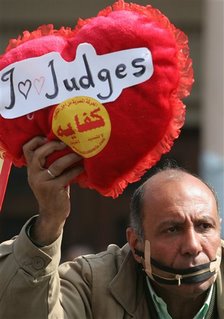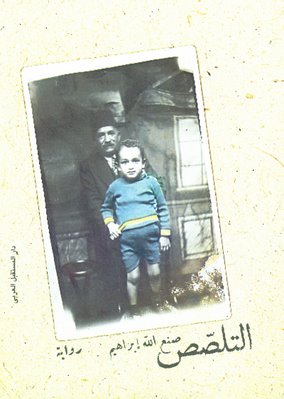
Talented photographer Amr Abdallah at al-Masry al-Yawm has kindly shared his photos of citizens' daily struggle for water, here in Giza. I'm in no mood for comment. What's there to say? Who isn't outraged by this suffering and deprivation, and who isn't enraged by the responses of Gamal Mubarak's ministers and his father's governors?





























